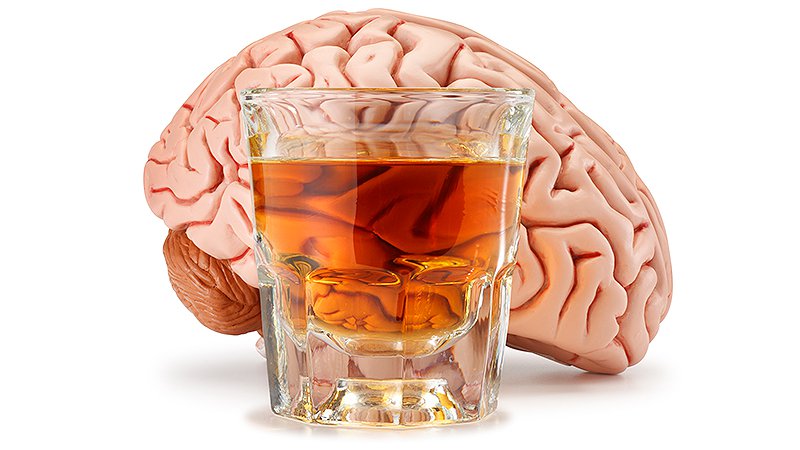Signs and Symptoms of Alcohol Withdrawal
At the Redpoint Center, Alcohol Use Disorder is the most common type of substance abuse disorder that we treat. For this reason, our staff is familiar with the signs and symptoms of alcohol withdrawal and know when to refer clients to see our medical director or to a higher level of care.
Many people with Alcohol Use Disorder do not manifest symptoms of alcohol withdrawal when they stop drinking. In fact, it is estimated that only around half of people with alcohol use disorder experience withdrawal when they stop consuming alcohol.
Some predictors of alcohol withdrawal are as follows:
- How often a person drinks
- How frequently a person drinks
- The presence of alcohol related medical problems
- The severity of the dependence on alcohol
- A history of alcohol withdrawal in the past
- A history of alcohol withdrawal seizures or delirium tremens
Like most medical conditions, the severity of alcohol withdrawal varies between individuals and depending on the above variables. In most cases, alcohol withdrawal is mild, but 20% of individuals undergoing alcohol withdrawal experience severe symptoms such as seizures, hallucinations or delirium tremens.
In most cases, the symptoms of alcohol withdrawal begin within 6 to 24 hours of the cessation of drinking or a sudden reduction in the amount of alcohol consumption.
Mild alcohol withdrawal is the most frequently seen type of alcohol withdrawal. Common symptoms include the following:
- Anxiety, agitation and/or restlessness
- Insomnia
- Tremor (the shakes)
- Sweating
- Heart palpitations
- Headache
- Loss of appetite
- Nausea and vomiting
- Craving more alcohol
Alcohol hallucinosis is a more severe type of alcohol withdrawal that typically occurs between 12 and 24 hours after the cessation of alcohol consumption or a sudden decrease in the amount of alcohol consumed. The risk for alcohol hallucinosis may be partly determined by genetics and /or a decrease in thiamine absorption.
Alcohol hallucinosis typically involves visual hallucinations, often involving insects or animals, but auditory or tactile hallucinations (feeling something crawling on your skin) can occur as well. These hallucinations typically resolve within 24 to 48 hours.
Alcohol withdrawal seizures are a worrisome type of alcohol withdrawal, and occur in 10-30% of individuals in alcohol withdrawal. The seizures are typically tonic-clonic seizures (grand mal) and occur in clusters of 2 or 3.
Alcohol withdrawal seizures can occur between 6 and 48 hours of the cessation of alcohol consumption or a sudden decrease in the amount of alcohol consumed. Personal history of an alcohol withdrawal seizure greatly increases the likelihood of recurrence in subsequent episodes of alcohol withdrawal.
Delirium Tremens, or DT’s, is the most severe type of alcohol withdrawal and can be fatal if not treated in a timely manner. Delirium Tremens typically doesn’t occur until 72 to 96 hours after the cessation of drinking or a significant decrease in the amount of alcohol consumed. Signs and symptoms of Delirium Tremens are as follows:
- The rapid onset of fluctuating cognition and attention in the face of alcohol withdrawal
- Hallucinations
- Fever
- Increased heart rate
- Drenching sweats
- Increased blood pressure
As noted above, Delirium Tremens can be fatal. In fact, the fatality rate has historically been as high as 20%, but with appropriate medical treatment can be as low as 1-4%.
Any sign of alcohol withdrawal is very concerning and requires immediate medical attention. Proper evaluation by a medical professional can determine the appropriate type of care needed, which may range from home management to formal alcohol detox or hospitalization.
If you or a loved one is struggling with alcohol addiction, drug addiction, Mental Health problems, The Redpoint Center is here to help. The Redpoint Center treats both adults and youth struggling with addiction and alcohol. To learn more about our Longmont Drug Rehab, call 303-710-8496.



